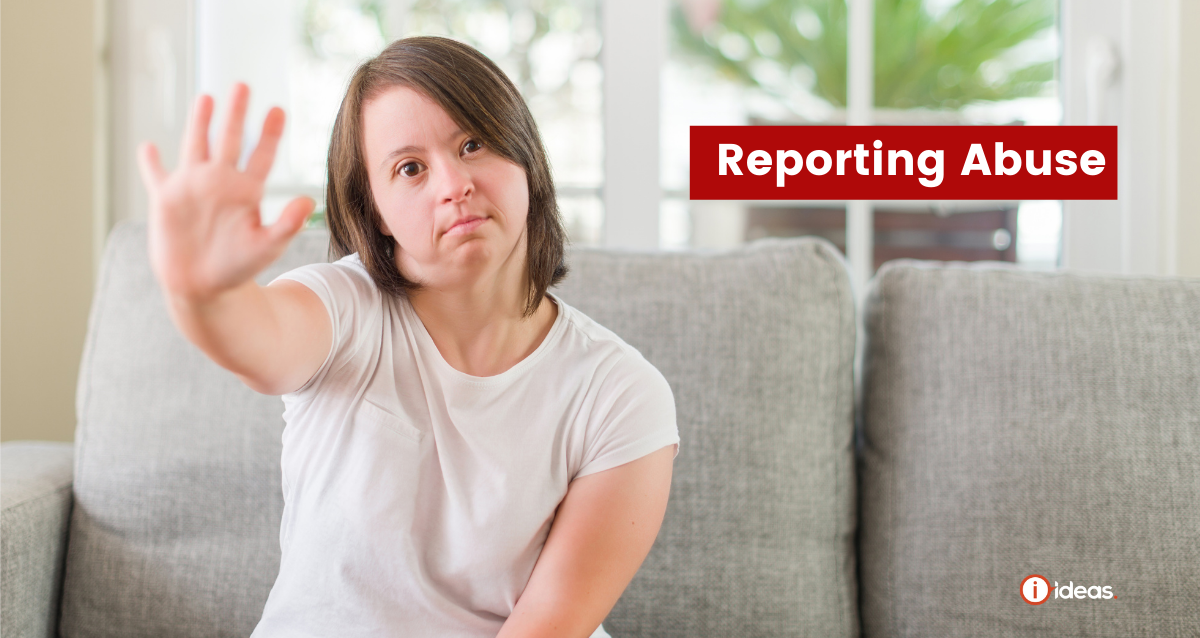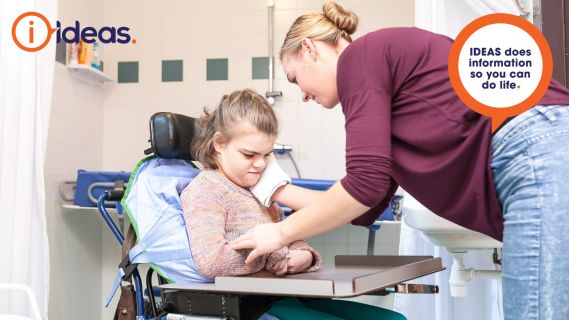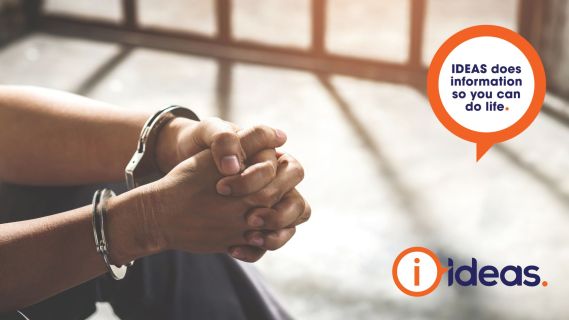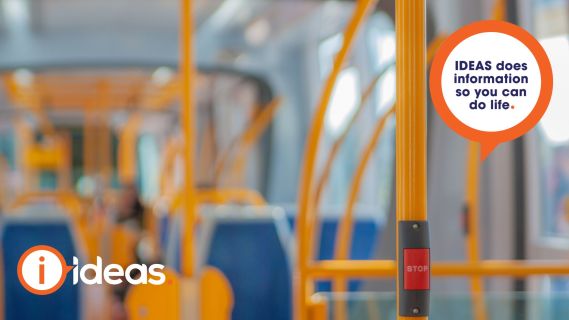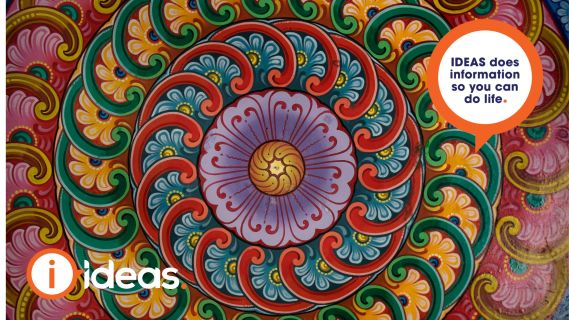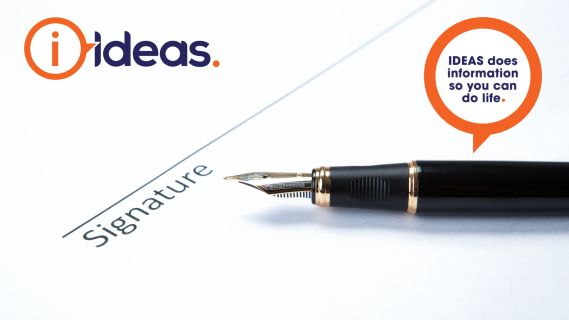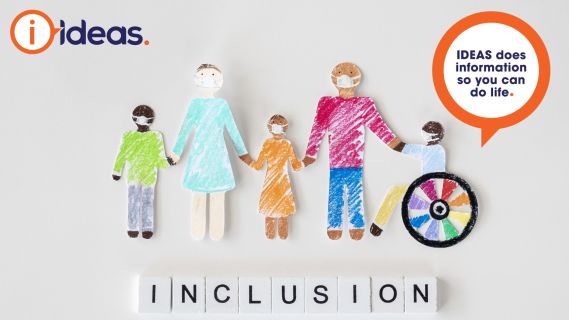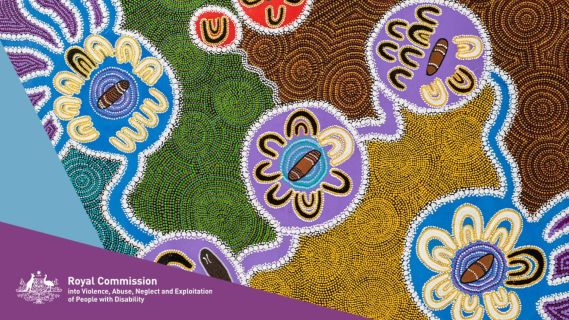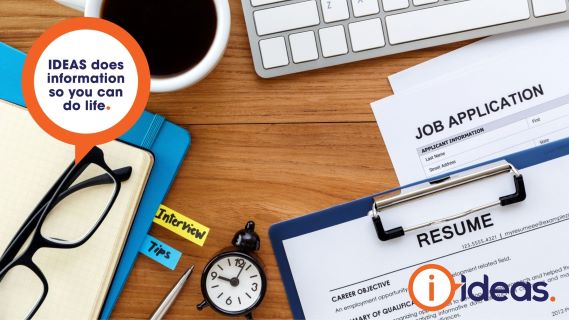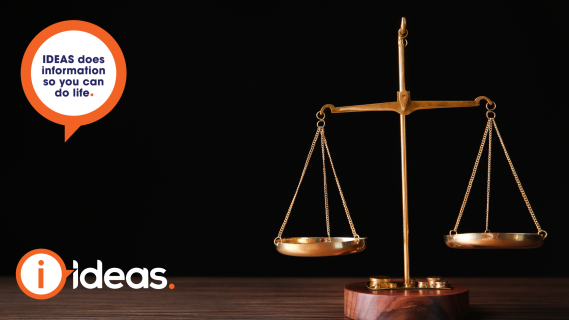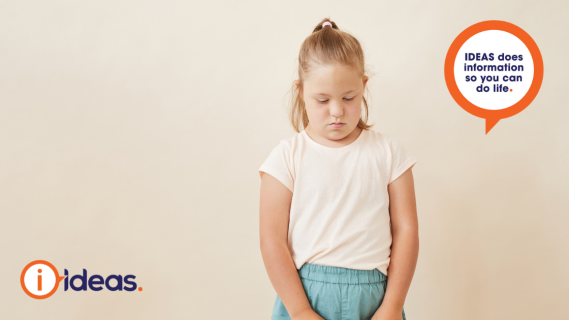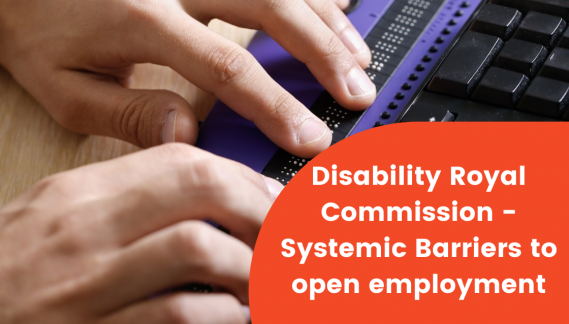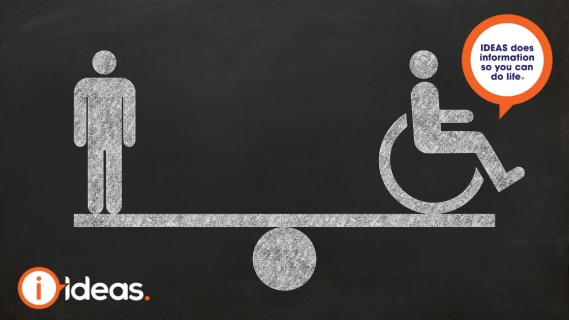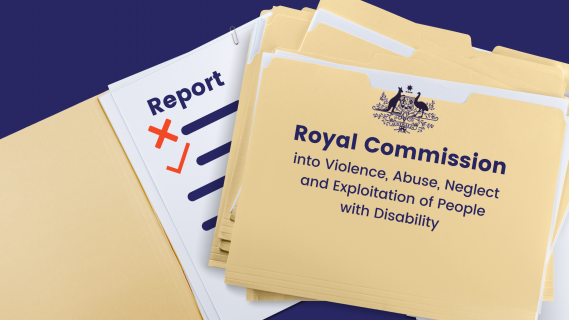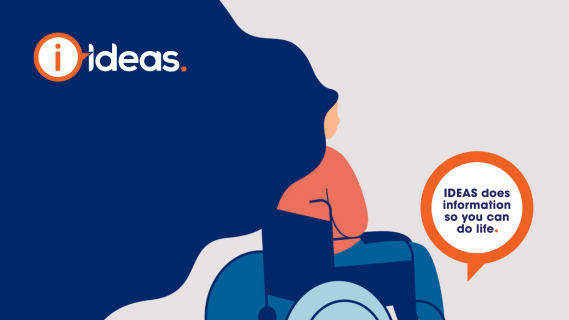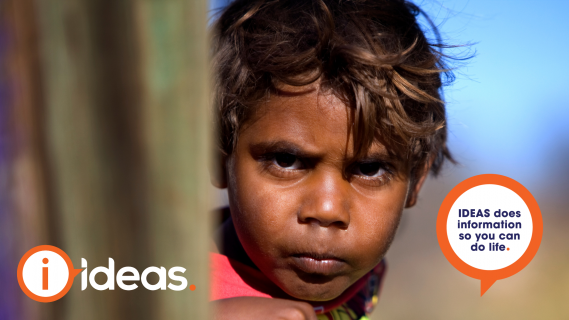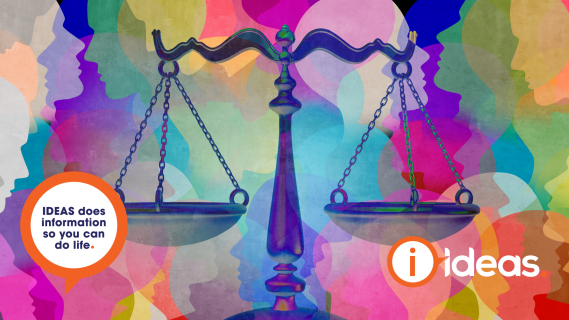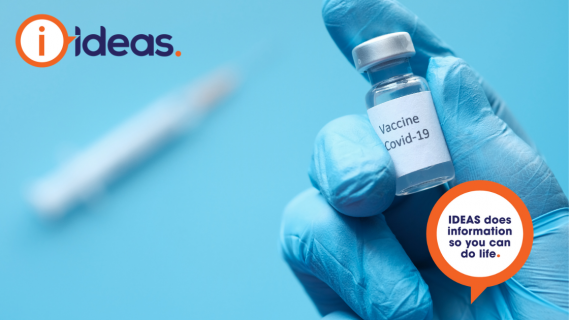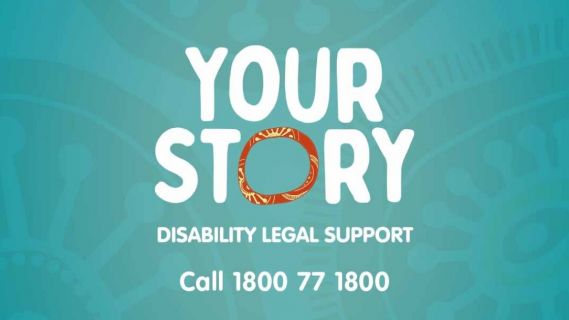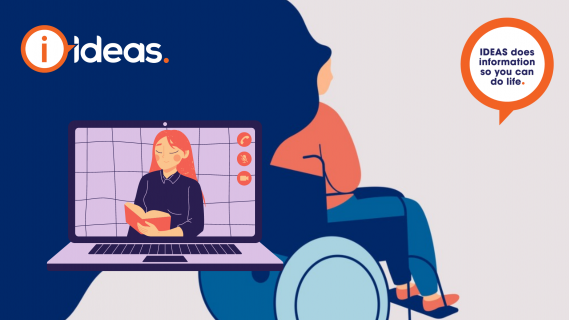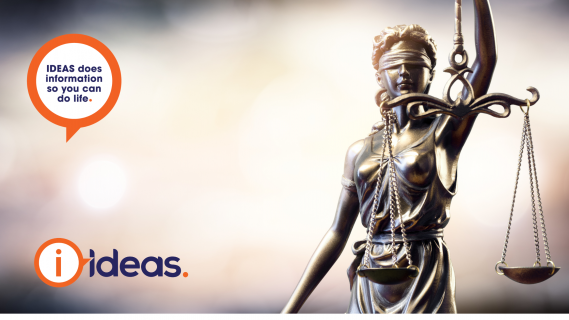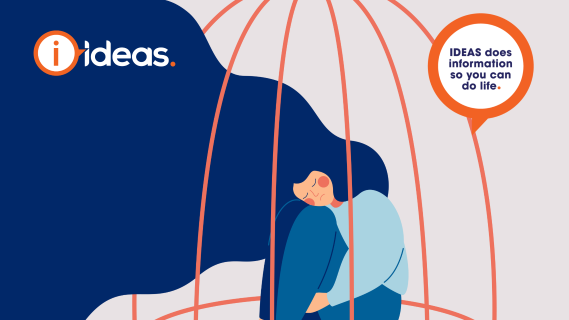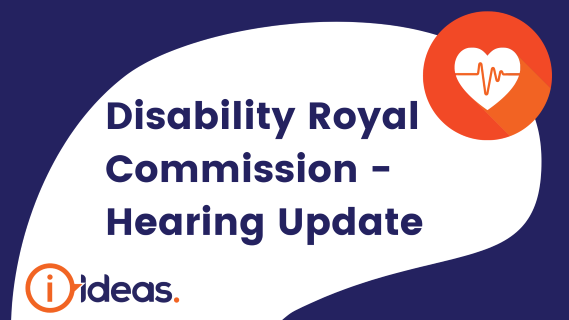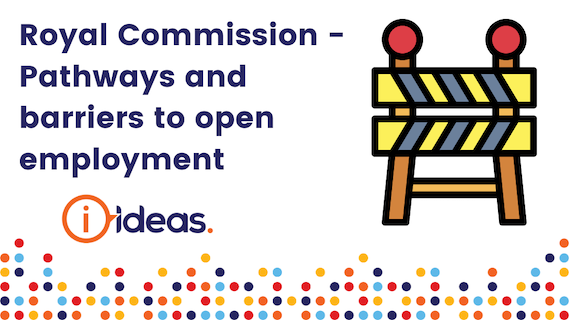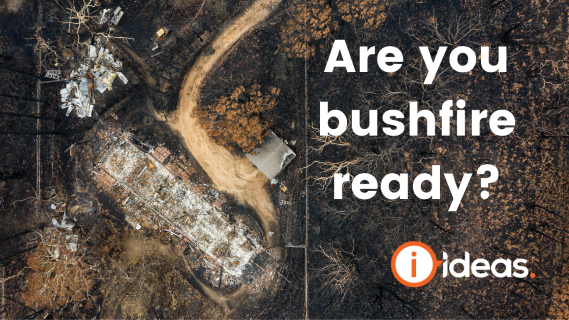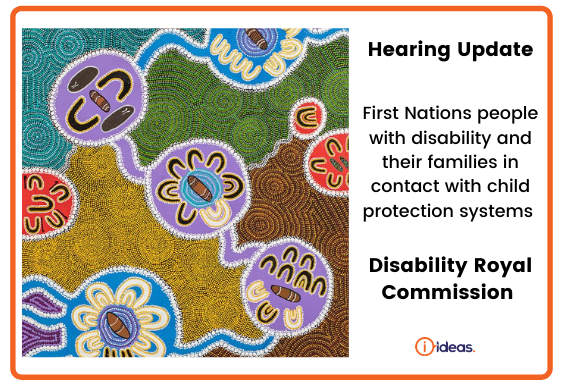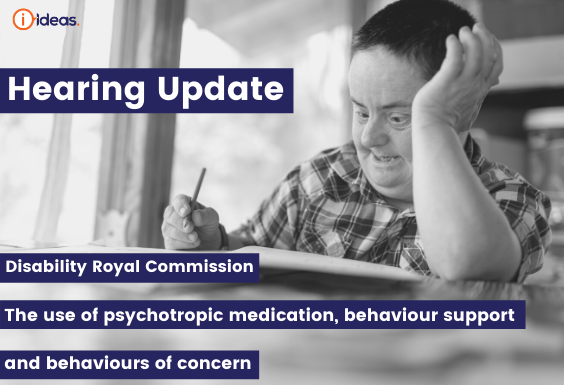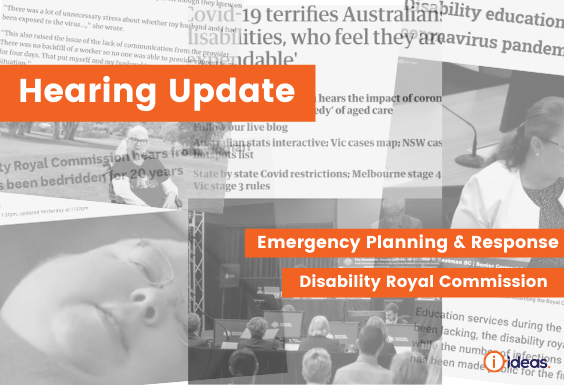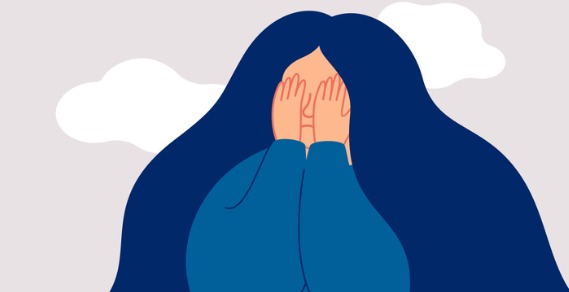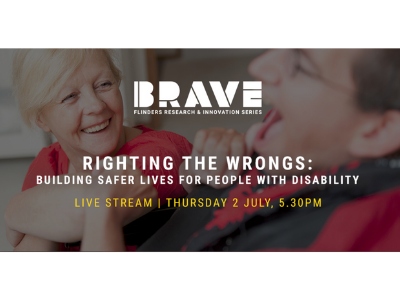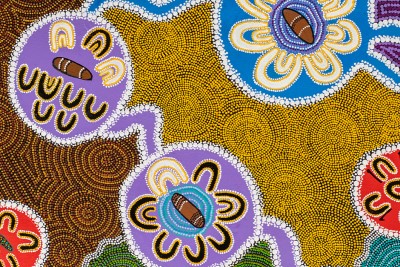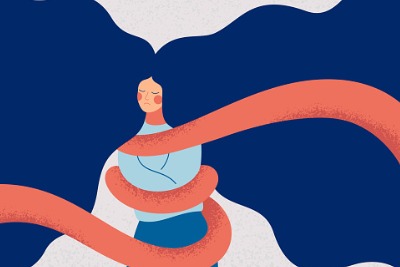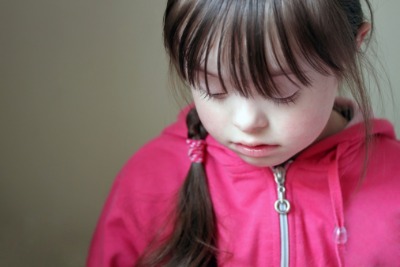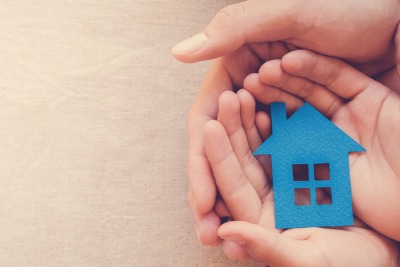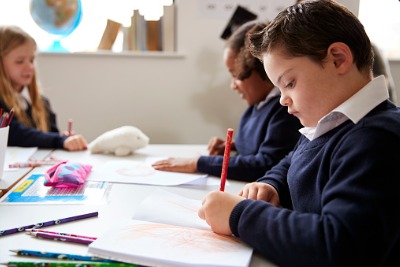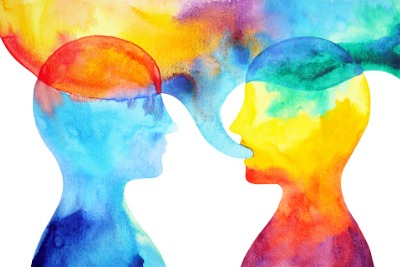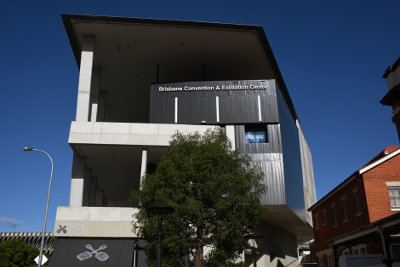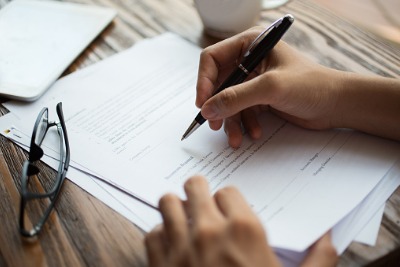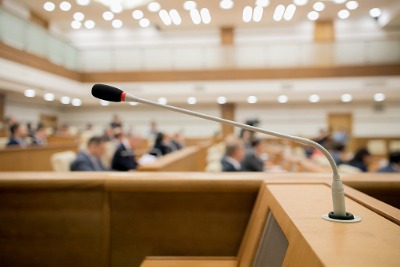Every person with a disability has the right to be safe.
Sadly, ‘Australian men and women with disability are more likely than those without disability to have experienced violence, abuse or sexual harassment at some point in their lives’ * In light of the death of disabled Adelaide woman Anne Marie Smith, earlier this year there has been questions asked about the role of neighbours and community members in speaking out if they suspect abuse or harm of people with a disability.
If people think or know abuse is going on it needs to be reported.
It is everyone’s responsibility to create a safe community.
This includes families, teachers, neighbours, community members, workers, services and the Government.
The more people that are working towards preventing abuse the better.
At the end of this page we have listed details of what abuse, neglect, violence and exploitation of people with a disability can look like.
Even if you are unsure if it is abuse, neglect or violence, it is best to call for advice.
Who to report abuse to
Police
Police should be called for any emergencies - Call 000
For non urgent matters they can also be called.
You can ask to speak to a Disability Liaison Officer.
The National Disability Abuse and Neglect Hotline
This is a free, independent and confidential service for reporting mistreatment of people with disability.
Anyone can and should use this service.
To make a report:
- Call 1800 880 052 (toll free) and speak with an experienced Hotline staff member
- Callers who are deaf or have a hearing or speech impairment can contact the National Relay Service (NRS)by calling 1800 555 677 then asking for 1800 880 052
- Callers from a non-English speaking background can use the Translating and Intepreting Service (TIS) by calling 13 14 50
- Send an email to: This email address is being protected from spambots. You need JavaScript enabled to view it..
If you have been abused and need help
The National Counselling and Referral Service can help.
It is a specialist service which provides short-term phone counselling support and referrals for people with disability, their families and carers.
It is free.
Phone: 1800 421 468
Find out more here
What can abuse look like?
Abuse can happen in many ways. The Disability Royal Commission has written these words to help show different types of harm.
Violence and abuse cover a range of behaviours towards people with a disability. These could include assault, sexual assault, constraints, restrictive practices (physical and chemical), forced treatments, forced interventions, humiliation and harassment, financial and economic abuse and significant violations of privacy and dignity on a systemic or individual basis.
Neglect includes physical or emotional neglect, passive neglect or wilful deprivation. Neglect can be a single significant incident or a systemic issue that involves depriving a person with disability of the basic necessities of life such as food, drink, shelter, access, mobility, clothing, education, medical care and treatment.
Exploitation is when a person takes advantage of someone else. This could include improper use of another person or the improper use of or withholding of another person’s assets, labour, employment or resources including taking physical, sexual, financial or economic advantage.
Disability Royal Commission
At the moment Australia is holding a Royal Commission that is looking at the abuse of people with a disability.
They are looking at ways to prevent abuse and will report recommendations to the Government on this in March 2022.
Find out more here including how you can take part, get support or follow the hearings.
IDEAS does information so you can do life!

